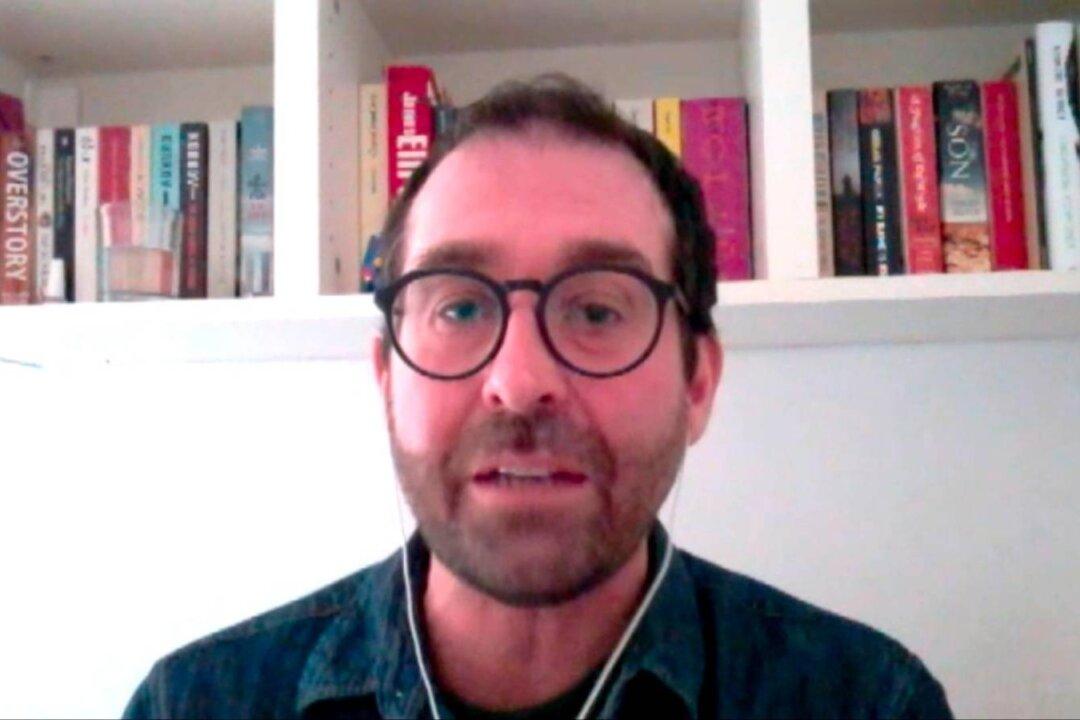The COVID-19 pandemic appears to be waning across the world, with restrictions being lifted and life, more or less, returning to normal.
But journalist Nick Corbishley, who writes about economic and political trends in Europe and Latin America, is warning that the vaccine passports can lead to the implementation of a global digital ID that will threaten privacy and freedom across the world.






